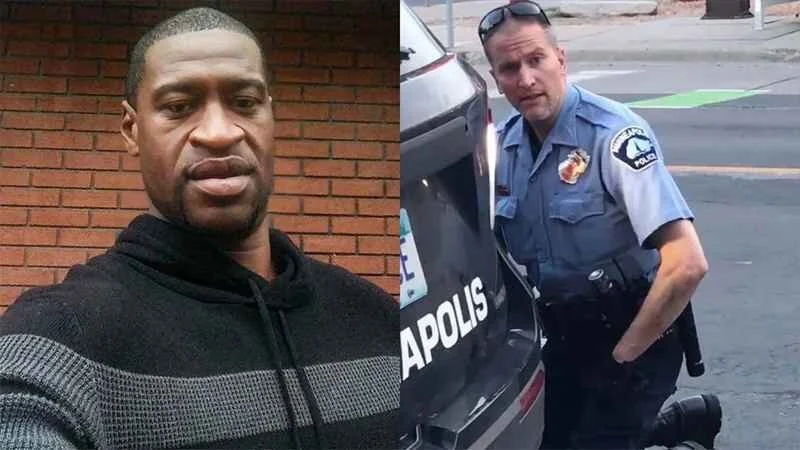A Christian's Guide to Black Lives Mattering
By now we’ve had several weeks to think about the aftermath of George Floyd, and observe several groups: protesters, rioters, looters, and even the police.
We look for leadership from anywhere to consolidate the message, and calm the ‘storm’. We read and read differing points of view, some we agree with, others that we vehemently deny. So much noise on the media, and very little dialog. Morals are being treated as non-negotiable items, when in fact, morals are actually very delicate, not very objective and dare I say unreliable.
One of the solutions being propagated across my social media feed(s) is that the world is in desperate need of the Gospel.
“...because in my mind, the Gospel is not enough.”
I really shrugged this idea off because everyone and their dog knows the Gospel, right? We, a purported Christian nation, know better so we are quite familiar with what it means to be a Christian, right? We know that Jesus died for everybody, so that is that, what do we do now? He died for everybody, so everybody matters. Great.
No, to assume such would be to look at everyone as though He died for complete strangers. He did not, scripture has indicated several times that God knows everyone. Jesus died for people He knew, for people He was relationally responsible for. While we may be responsible for own works and lives, the Gospel is literally for everyone, and every one.
What does this have to say about morals, how should this inform the believer?
BLM, the ALM, both camps assert a moral superiority or high ground with a terribly divided message. People that have sided with either camp have cited the parable of the shepherd with one-hundred sheep, and one of the sheep gets lost. The shepherd leaves the ninety-nine, and goes after the one. BLM focuses on the one, where ALM focuses on the one being brought back to the ninety-nine. BLM wants to blame the ninety-nine for why the one got lost. ALM, insists that the one is responsible for itself. These are both correct views of that parable — but why is there no focus on the shepherd, and why are we looking at the sheep to determine our response, why are we looking to the sheep for a solution?
The shepherd did quite a few things:
He recognized that he only had 99 sheep, his concern then was purposed for the one.
He leaves the 99, and fetches that one sheep. He determined that the needs of the one, outweighed the needs of the many in that time.
He returns to the 99, with the one, and restores the flock.
He made it whole again. The Ninety-Nine could not be The Hundred without that One. We cannot be united as a nation or a people, without our black community — we are really good at looking at the Ninety-Nine, and the One and laying blame on either for why a sheep got lost, but we are terrible at restoring the flock.
We actually cannot do this, not without help, not without acknowledging the need for a common savior. Again, this message is for Christians mainly, how can we respond to this? What does the Gospel say?
It says we acknowledge the one, it infers that when someone is lost or is not being taken care of that we do not criticize them. We take the path of the shepherd, leave well enough alone for a little bit, and make efforts for the one.
So as a believer, are we morally required to only say ‘all lives matter’ because Jesus is for everyone? No, not at all. Jesus was intentional with every interaction He had, including in John 3, when He spoke with Nicodemus. Jesus in essence called out Nicodemus for not understanding something as a ‘teacher of Israel’, indicating that Jesus was here to preach to a very specific group of people, particular those who were not able to read or write (lack of literacy is still a thing today). As believers, we have a responsibility to share Jesus with people, so we would probably say that ‘unsaved people matter’ but that does not deprive us from mattering, because of all people we should understand how important the Gospel is. If anything it should speak to the fact that Jesus died for every one and that they matter. So, when someone asks you if you believe that ‘black lives matter’ the answer is Yes. If someone asks if you believe that ‘all lives matter’ the answer is Yes.
The Gospel is not, and cannot be contained by a political belief.


